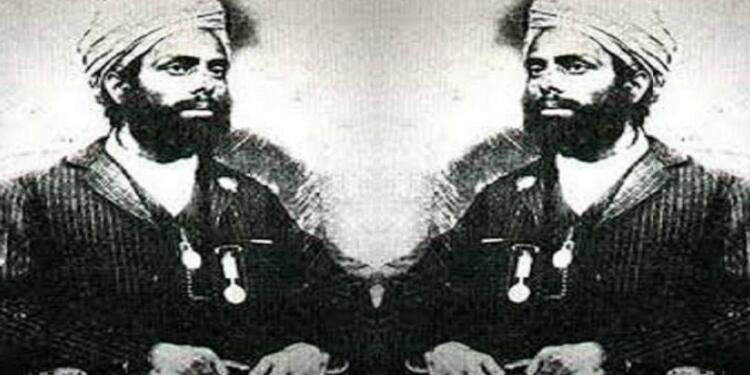Indian history is full of tales of revolutionaries, and one such hero of the Indian freedom struggle is freedom fighter Ajit Singh. A revolutionary leader who dedicated his life to the cause of Indian independence from British rule.
Born in 1881, he grew up during a time of great political and social upheaval in India, and he became a prominent figure in the nationalist movement. Singh was a passionate advocate for Indian self-rule, and he played a key role in the struggle for independence.
One of the most notable contributions of freedom fighter Ajit Singh to India was his role in the Ghadar Movement, which aimed to overthrow British rule in India. The movement was started by Indian expatriates in the United States who were inspired by the American Revolution and sought to emulate it in their own country.
Life and Legacy
Freedom fighter Ajit Singh was one of the leaders of the movement, and he worked tirelessly to spread its message throughout India. He believed that the only way to achieve independence was through armed struggle, and he advocated for the use of violence to achieve this goal.
Also read: The Lahore declaration that was not meant to be
In 1915, freedom fighter Ajit Singh led an unsuccessful uprising against British rule in India. He was arrested and sentenced to life imprisonment, but he continued to fight for independence from behind bars. He was eventually released from prison in 1920, along with many other Indian nationalists, as part of a general amnesty. He continued to play an active role in the nationalist movement until his death in 1947.
One of the legacies of Ajit Singh is his commitment to the idea of Indian self-rule. He believed that India should be governed by Indians and not by a foreign power, and he worked tirelessly to achieve this goal. His efforts and dedication inspired generations of Indians to fight for independence and work towards a better future for their country.
Also read: The untold story of HSRA’s affinity to Savarkar
Contribution
Another legacy of freedom fighter Ajit Singh is his commitment to social justice. He was a fierce critic of the caste system and worked to promote equality and justice for all Indians, regardless of their background. He believed that a truly independent India could only be achieved if all Indians were treated as equals and had equal access to opportunity.
In conclusion, freedom fighter Ajit Singh was a revolutionary leader who played a key role in the struggle for Indian independence. His commitment to the cause of Indian self-rule and social justice inspired generations of Indians. His legacy is a testament to the power of dedication and commitment in the face of adversity, and his example continues to inspire people around the world to work towards a better future for all.
Support TFI:
Support us to strengthen the ‘Right’ ideology of cultural nationalism by purchasing the best quality garments from TFI-STORE.COM























